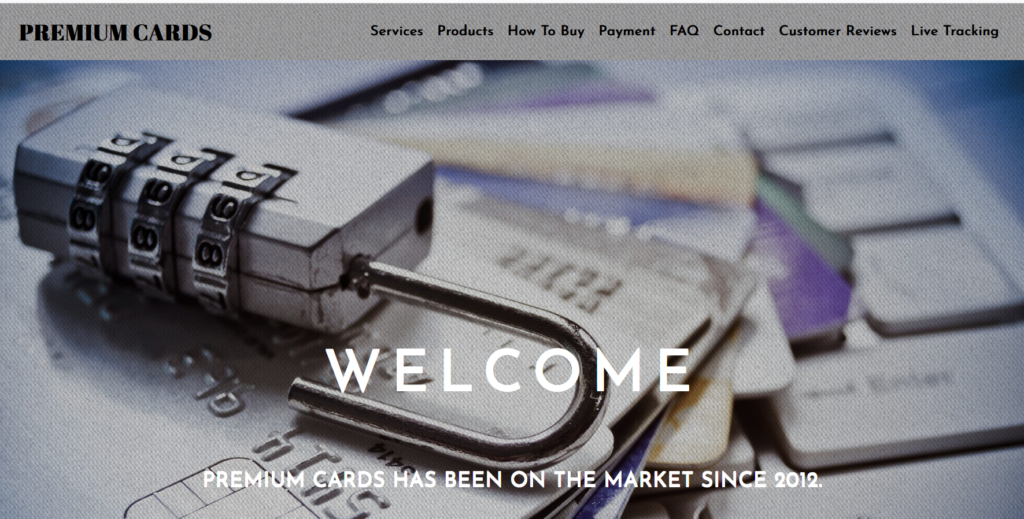Table of Contents
TogglePremiumCards – TOR Scam Report (4)
Onion Link: http://hbl6udan73w7qbjdey6chsu5gq5ehrfqbb73jq726kj3khnev2yarlid.onion
Scam Report Date: 2024/03/10
Client Scam Report Breakdown
Original Report Summary:
The client report centers on an unfortunate experience involving a purchase from a website claiming to offer “Premium Cards,” which are described as preloaded prepaid debit cards. These cards are advertised as risk-free and untraceable, designed for individuals looking to access funds without the potential legal repercussions associated with cloned cards. According to the client’s report, after making a payment to the seller and providing proof of payment, they were asked to resubmit this evidence. Despite complying with this request, the seller ceased all communication, effectively leaving the client without the promised product and with no recourse for resolving the situation. This type of scenario is indicative of a common online scam where fraudulent vendors exploit trust and disappear once payment is secured.
The terminology used in the original scam report highlights critical aspects of the transaction and the fraudulent tactics employed. The term “Premium Cards” refers to the supposed product being sold, which is presented as a secure and anonymous way to use preloaded debit cards for online purchases or ATM withdrawals. These cards are marketed as being free from risk due to extensive measures supposedly taken to “clean” the funds, making them untraceable. However, the client’s experience suggests that this is merely a facade for a scam operation designed to defraud buyers. The request for “proof of payment” is a tactic often used by scammers to delay or manipulate the victim, creating the illusion of legitimacy while preparing to disappear with the payment. By repeatedly asking for proof, the scammer can buy time, potentially stringing along multiple victims simultaneously.
In analyzing this report, it becomes clear that several warning signs were present from the outset. The website’s emphasis on anonymity, untraceability, and the sale of products that inherently involve questionable legality (such as cards with “cleaned” funds) should raise immediate red flags. The reliance on cryptocurrency payments, while common in legitimate transactions, is also a tactic frequently used by scammers because these payments are difficult to trace and recover. The client’s situation underscores the importance of recognizing these signs and exercising caution when dealing with online sellers, particularly in markets that operate in the shadows or offer products that promise too much security or anonymity. Ultimately, this case serves as a reminder to thoroughly vet sellers, verify the legitimacy of their business practices, and be wary of transactions that require upfront payments, especially when dealing with unverified or untraceable entities.







